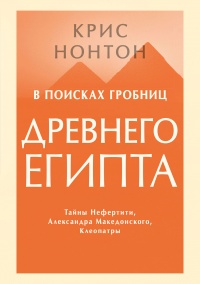Книга Эпоха открытий. Возможности и угрозы второго Ренессанса - Крис Кутарна
На нашем литературном портале можно бесплатно читать книгу Эпоха открытий. Возможности и угрозы второго Ренессанса - Крис Кутарна полная версия. Жанр: Книги / Историческая проза. Онлайн библиотека дает возможность прочитать весь текст произведения на мобильном телефоне или десктопе даже без регистрации и СМС подтверждения на нашем сайте онлайн книг knizki.com.
Шрифт:
-
+
Интервал:
-
+
Закладка:
Сделать
Перейти на страницу:
Перейти на страницу:
Внимание!
Сайт сохраняет куки вашего браузера. Вы сможете в любой момент сделать закладку и продолжить прочтение книги «Эпоха открытий. Возможности и угрозы второго Ренессанса - Крис Кутарна», после закрытия браузера.
Книги схожие с книгой «Эпоха открытий. Возможности и угрозы второго Ренессанса - Крис Кутарна» от автора - Йен Голдин, Крис Кутарна:
Комментарии и отзывы (0) к книге "Эпоха открытий. Возможности и угрозы второго Ренессанса - Крис Кутарна"
























